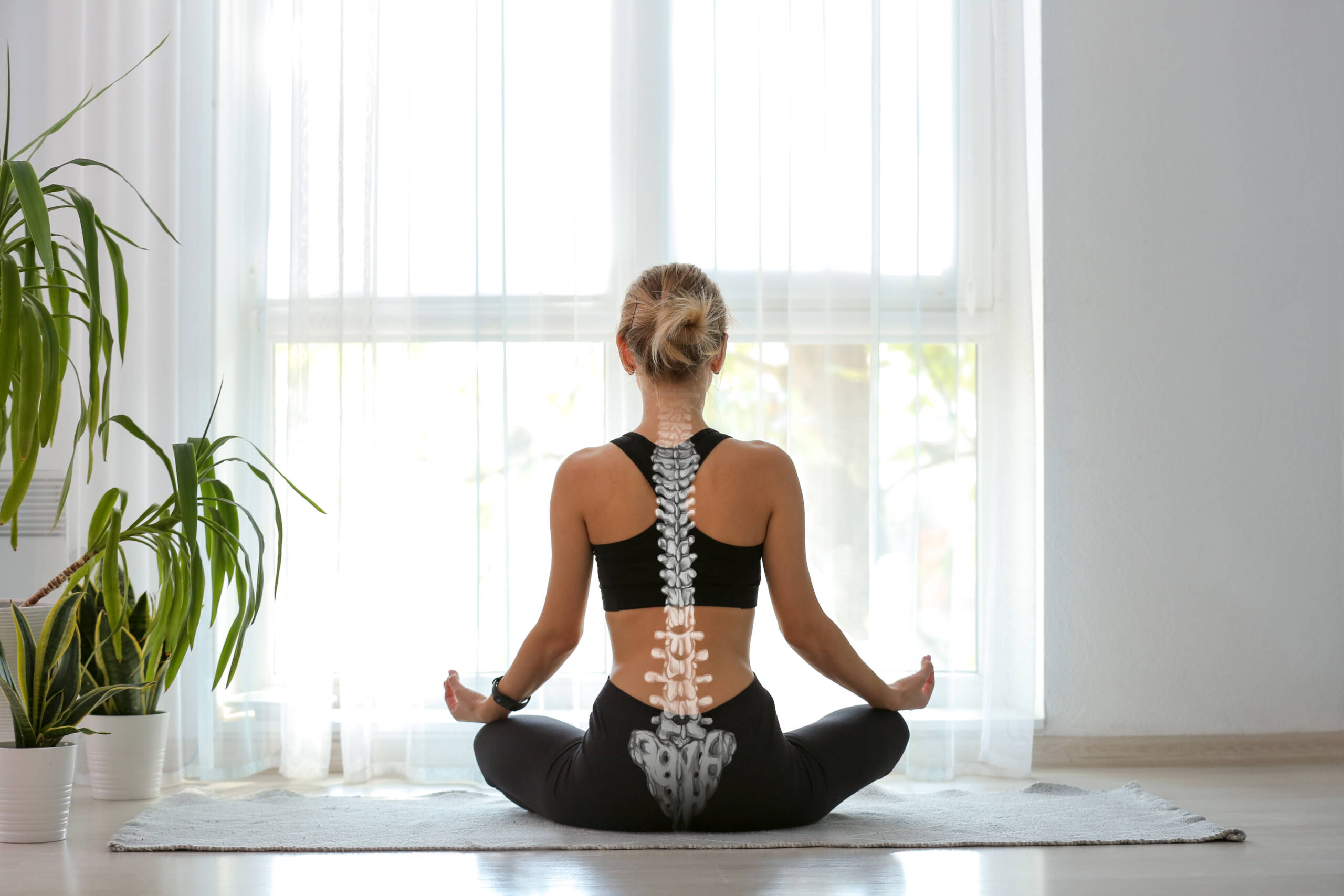Constipation can be a very uncomfortable thing to experience, especially after you’ve had a baby. Even if you never had constipation issues prior to pregnancy, sometimes constipation after having a baby can occur for a variety of reasons.
Causes of Constipation After Having a Baby
1. Hormonal Changes
Any hormonal changes can have an effect on how your body is functioning. If you are experiencing other symptoms, your constipation can be caused by a hormonal imbalance. Talk to your doctor about how to get tested for hormonal imbalance.
2. Dietary Changes
If you had to modify your diet while you were pregnant, that can change the way your stool is moving. Make sure you’re getting enough soluble and insoluble fiber in your diet. Fiber helps to bulk up the stool and helps it move through your intestines.
4. Water Intake
Make sure you are drinking plenty of water. Water gives your body the hydration it needs to push the stool along through the intestines.
5. C-Section Scar Complications
Any time you have a surgery, you create scar tissue in that area. For a C-section, you have an incision in the lower abdominals to get the baby out of the uterus. If you form scar tissue there, it can affect any of the organs around the uterus, including the intestines.
When the organs can’t move properly, the don’t function as well. Improving scar tissue and mobility in this area can help to jump-start the GI tract and get the digestive system to start functioning properly.
6. Pelvic Floor Dysfunction
Besides the intestines, the other thing that governs how stool is released are the muscles of the pelvic floor. Once the stool travels through the intestinal tract, it ends up in the rectum and stays stored there until your body signals these muscles to relax and let the stool out. If these muscles aren’t relaxed, then the stool won’t come out. If the pelvic floor muscles are really tight, this hole will be too small and the stool won’t be able to come out.
These muscles might need to be retrained and released in order to allow the muscles to relax and allow the stool to come out.
Treatment
Treatment options for constipation from scar complications and pelvic floor dysfunction include visceral mobilization and scar tissue mobilization. If you are experiencing these symptoms, click here to schedule a complimentary phone consultation.
















